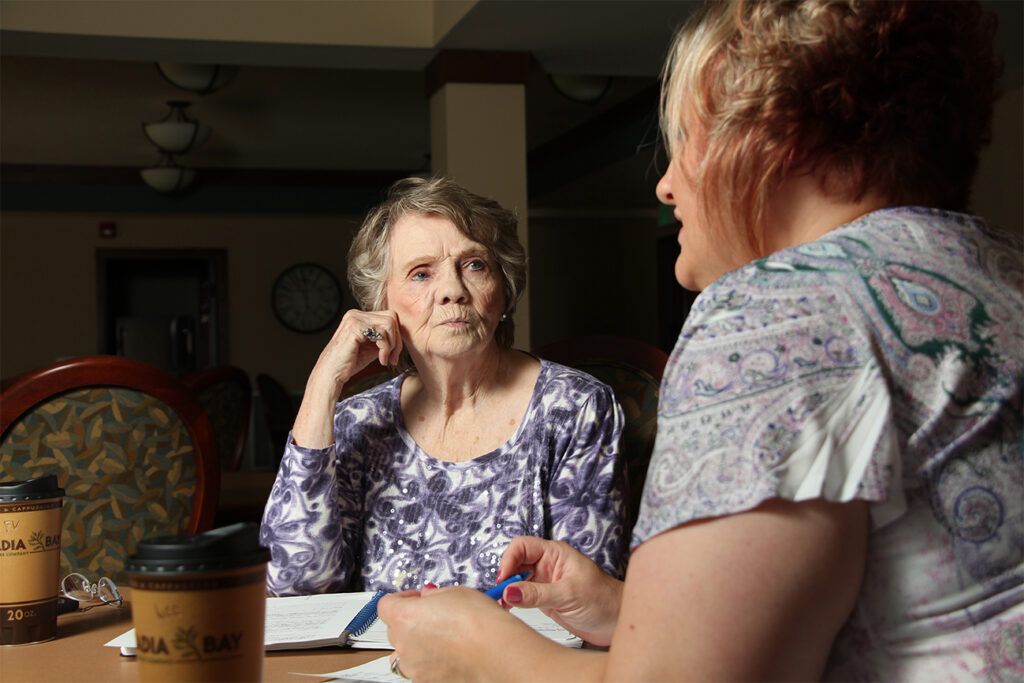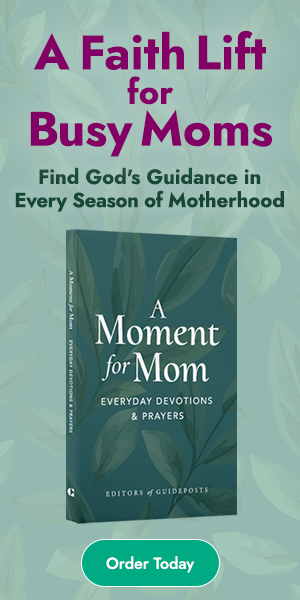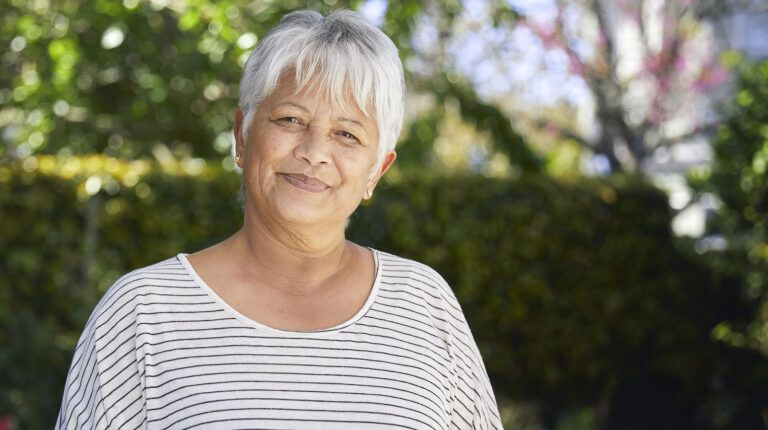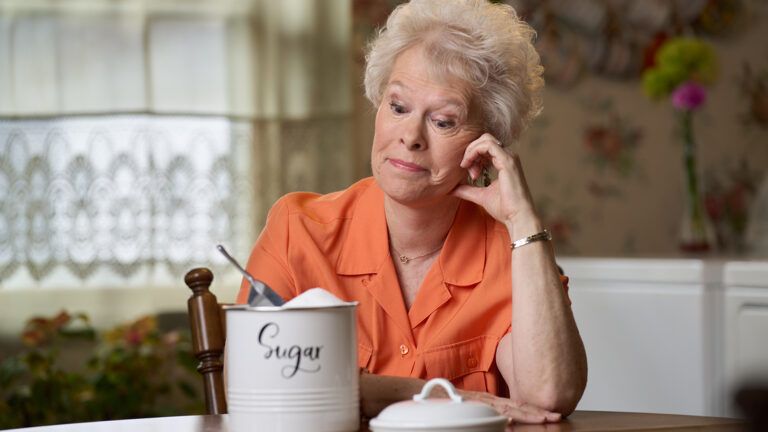Content provided by the Good Samaritan Society.
First, it was hip surgery. Then a second hip surgery. Next came a broken leg. And a diagnosis of Alzheimer’s disease.
As Arvilla Cherney watched her husband, Gene, grapple with mounting ailments, she found herself thrust into a new role as caregiver.
“It got to where he was in and out of the hospital and rehab, and I had to do it all—take care of him and pay the bills,” she says. “It got to be a struggle as time went on.”
Facing growing medical costs, Gene’s increased needs and her own health challenges, Arvilla became overwhelmed.
So when she heard about a free life coach program for caregivers, she decided to try it.
“I knew this would be a good thing to get me organized with my life,” she says.
Arvilla met with Tanya Unterbrunner, a life coach who was developing the program with the Good Samaritan Society. Over the course of 12 sessions, Arvilla found a way to balance her needs as a caregiver and an individual.
“Instead of being like, ‘Oh, heavens, here’s a bill I have to pay,’ I found I could be organized and know it was coming,” she says.
Tanya, who has been coaching clients for three years, says Arvilla’s transition wasn’t just about prioritizing various areas of her life—it was about feeling like she had some control over them.
Feeling overwhelmed is common for the nation’s 43.5 million informal caregivers, as many of them care for someone at the expense of their own health and well-being.
Life coaching, as a partnership-based approach to care, can do both.
How life coaching begins
Tanya’s clients begin by filling out a profile assessment about themselves, their family, the person they care for, and whether they share caregiver responsibilities.
They’re asked to consider their expectations and the areas where they want help. From there, questions touch on health, finances and faith.
This gives Tanya a starting point for helping her clients discover their goals, which might look like “I’d like to save for retirement” or “I want to share my faith with my family.”
“Caregivers always talk about who they’re caring for and leave themselves out,” Tanya says. “Even if they say they don’t need help with something, I’m able to pull out different things by talking with them and observing from the outside.”
She recalls a woman who talked about how unprepared her father was as he was dying. Tanya learned the client was afraid that, like her father, she would leave her children without anything to remember her for and with the burden of planning for the end of her life.
“As the coach, I knew there were tools that could help her with all of that,” Tanya says. “So she got an autobiography journal and she is writing in it to leave that as a legacy for her kids.”
In addition, the client set up a life insurance policy and has been talking more with her children about her wishes for her end-of-life interactions.
Not counseling, but looking to the future
Using motivational interviewing techniques to positively frame questions, Tanya asks questions such as “How could you do things differently?” or “What would happen if you asked your sibling to help?”
Whether on the phone, over Skype or in person, she and the client explore what’s holding them back, and how changing behaviors might help.
These questions help clients see a better future, and recognize that they have a hand in what that future will be for them.
This also helps them plan for their future—something only 42 percent of caregivers say they have done, according to a recent AARP caregiving report.
Tanya says this focus on looking forward instead of back makes the life coaching experience different from traditional counseling.
But because this type of client-expert relationship doesn’t have the same sort of board oversight as traditional counseling, life coaching hasn’t been viewed as a healthcare resource in the same way counseling has.
However, with the rise of innovation in healthcare and holistic practices that treat the whole individual rather than just one ailment, the perception of how valuable life coaching can be is slowly changing.
Changing the healthcare system
Margaret Moore, a co-director at the Institute of Coaching at McLean Hospital in Boston, has been researching the benefits of coaching for years.
She and her colleagues at the Harvard Medical School affiliate have found that one of the largest challenges facing the coaching field, including the use of life coaches, is the lack of research data.
In addition, because doctors don’t often use life coaching themselves, they aren’t promoting or documenting its impact on patients, she says.
“Part of the challenge is doctors are so busy they don’t make the time to be coached,” Margaret says. “The pressure and the technology and its huge disruption in the healthcare industry is making life really difficult for them. They could use a coach, but where would they find the time?
“Doctors, like any caregiver, they’re sacrificing their health for their work.”
Learning is the first step
Recognizing that data is a key component in establishing the practicality of any service, Tanya’s team knew they wanted to gather information from the life coaching clients in order to chart the impact of the program.
Because there hasn’t been a lot of research into this particular branch of coaching, Shauna Batcheller, an innovation designer with the Good Samaritan Society, says much of what she’s doing has been a learning process in itself.
“Once I started researching what studies have found about life coaching, I realized I could look at all the factors like efficacy, finding purpose, dealing with stress, and so on,” she says. “There are lots of measurements to use, but how do you account for all the different stages caregivers are in?”
Shauna and her team will use the data gathered from program participants to identify what challenges caregivers face, and what support they’re looking for.
Studying and refining the life coaching program is the organization’s first step into this uncharted territory.
The confidence to care for yourself
Today, Arvilla is nearing the end of her life coaching program—but not her caregiver journey.
She’s grateful for the tactics she’s learned from Tanya; she says the program provided the support and motivation she needed to care for herself first.
“I was reaching a point where I couldn’t get out as much, and that has changed,” she says.
“I was at church the other day, and someone said, ‘You are not old—your body might be, but your mind isn’t, so get going.’ And I thought, ‘Oh, I can get going!’ Because now I know I can think about me.”
For more information visit the Family Caregiver Alliance and Good Samaritan Society.
According to research from the Family Caregiver Alliance, up to 70 percent of caregivers have “clinically significant symptoms of depression.”
Good Samaritan Society’s life coaching for caregivers pilot program may have the opportunity to impact the system for both primary care providers and those working as informal caregivers.






